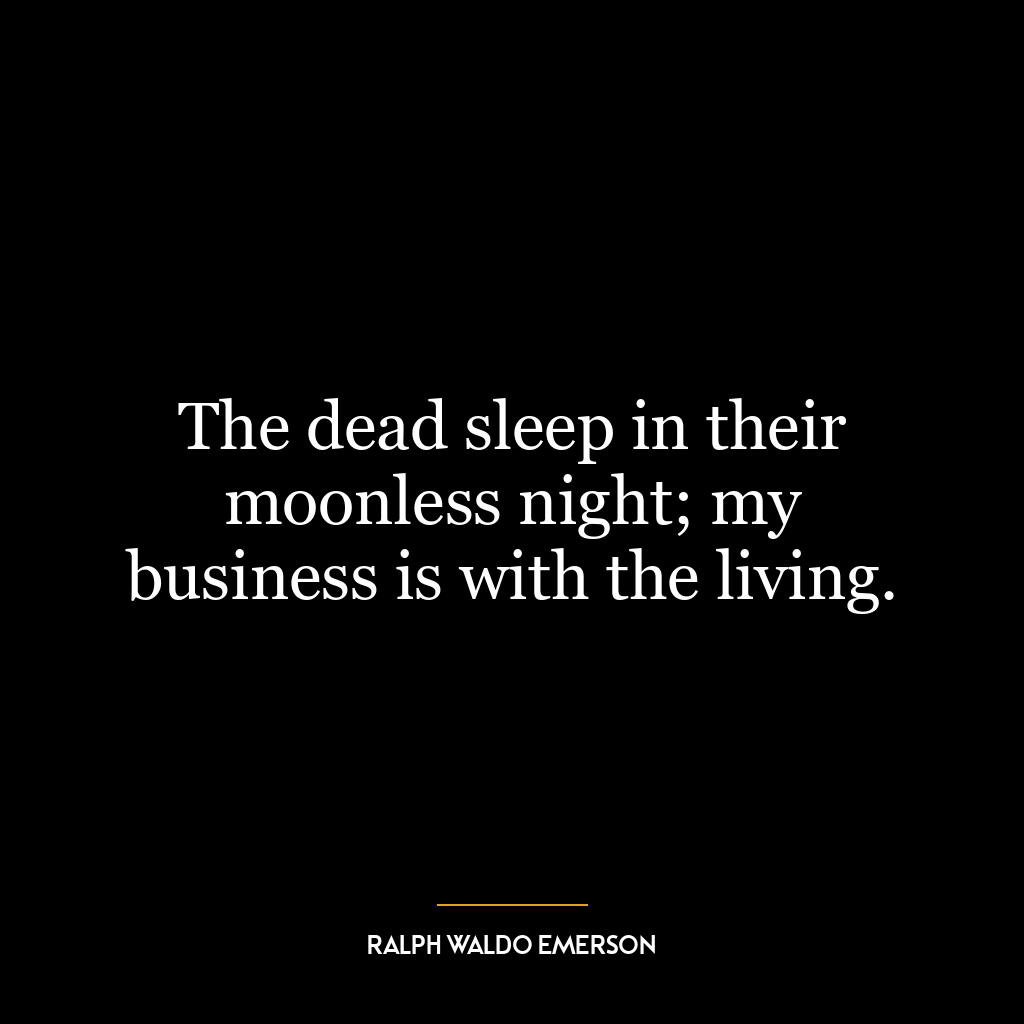Charles Fourier Quotes
- Philosopher
- France
- 1772 - 1837
Charles Fourier (1772-1837) was a French philosopher and social theorist known for his radical ideas on social organization and human nature. He believed that society should be organized into small, self-sufficient communities called “phalanxes” where individuals could pursue their passi…Read More
Charles Fourier (1772-1837) was a French philosopher and social theorist known for his radical ideas on social organization and human nature. He believed that society should be organized into small, self-sufficient communities called “phalanxes” where individuals could pursue their passions and talents freely. Fourier’s ideas influenced the development of utopian socialism and communal living experiments in the 19th and 20th centuries. His notable works include “Theory of the Four Movements” and “The Social Destiny of Man.” Fourier’s ideas continue to be studied and debated by sociologists and political theorists today.Read Less
Charles Fourier (1772-1837) was a French philosopher and social theorist known for his radical ideas on social organization and human nature. He believed that society should be organized into small, self-sufficient communities called “phalanxes” where individuals could pursue their passions and talents freely. Fourier’s ideas influenced the development of utopian socialism and communal living experiments in the 19th and 20th centuries. His notable works include “Theory of the Four Movements” and “The Social Destiny of Man.” Fourier’s ideas continue to be studied and debated by sociologists and political theorists today.
Charles Fourier Career Highlights
- Fourier began his career as a clerk in Lyon, France, but soon became disillusioned with the traditional career path and turned to writing and philosophy.
- In 1808, he published his first major work, “Theory of the Four Movements,” which outlined his ideas on social and economic organization.
- Fourier’s most famous work, “The Social Destiny of Man,” was published in 1822 and gained him widespread recognition.
- He spent the rest of his life traveling and lecturing, promoting his ideas and gaining a following of devoted followers.
- Fourier’s ideas influenced many other social and political thinkers, including Karl Marx and Friedrich Engels.
Key Contributions by Charles Fourier
- Fourier is best known for his concept of “phalansteries,” which were self-sufficient communities of around 1,600 people that would live and work together in harmony.
- He believed that these communities would be organized around the principles of “passionate attraction” and “harmony of passions,” where individuals would be free to pursue their passions and desires without judgment or restriction.
- Fourier also proposed a new economic system based on the idea of “attractive labor,” where individuals would be assigned work based on their interests and abilities, rather than being forced to work in jobs they disliked.
- He also advocated for the equal rights and treatment of women, and believed that they should have a prominent role in the phalansteries.
What Sets Charles Fourier Apart
- Fourier’s ideas were considered radical and utopian, and he faced much criticism and ridicule during his lifetime.
- He was one of the first thinkers to propose a comprehensive alternative to the traditional capitalist economic system, and his ideas were seen as a precursor to modern socialism.
- Fourier’s focus on the importance of individual passions and desires in creating a harmonious society was unique and ahead of his time.
- Despite facing opposition and rejection during his lifetime, Fourier’s ideas continued to gain popularity and influence in the years after his death.
Takeaways
- Charles Fourier’s ideas on social and economic organization were revolutionary and continue to influence modern political and social thought.
- His emphasis on the importance of individual passions and desires in creating a harmonious society is still relevant today.
- Fourier’s work highlights the need for alternative economic and social systems that prioritize the well-being and fulfillment of individuals over profit and productivity.
- His legacy serves as a reminder to think outside the traditional norms and to challenge the status quo in pursuit of a better and more equitable society.







